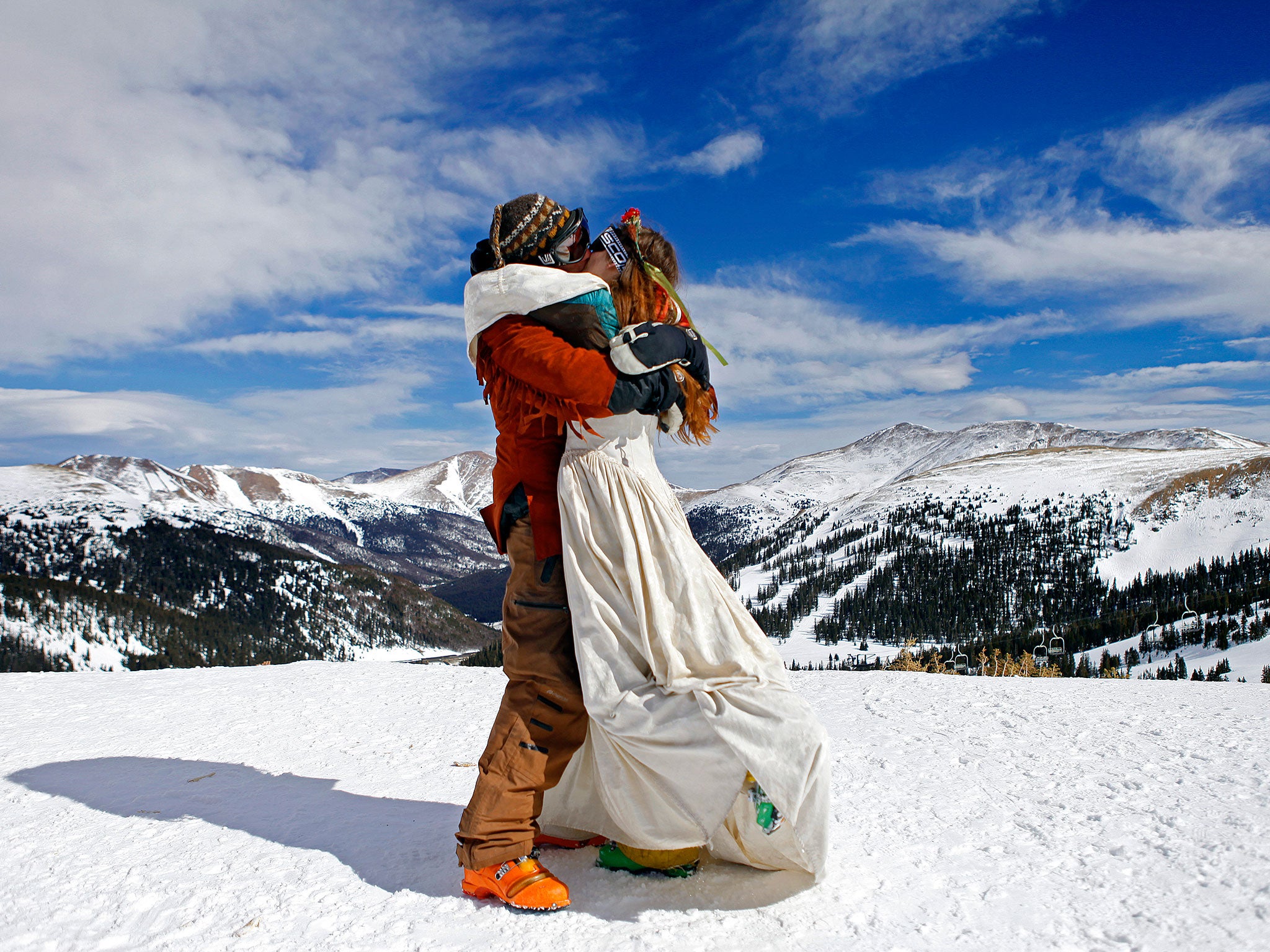Marriages on mountaintops: Government considers allowing non-religious to conduct weddings
Scotland already allows humanist and outdoor services

Your support helps us to tell the story
From reproductive rights to climate change to Big Tech, The Independent is on the ground when the story is developing. Whether it's investigating the financials of Elon Musk's pro-Trump PAC or producing our latest documentary, 'The A Word', which shines a light on the American women fighting for reproductive rights, we know how important it is to parse out the facts from the messaging.
At such a critical moment in US history, we need reporters on the ground. Your donation allows us to keep sending journalists to speak to both sides of the story.
The Independent is trusted by Americans across the entire political spectrum. And unlike many other quality news outlets, we choose not to lock Americans out of our reporting and analysis with paywalls. We believe quality journalism should be available to everyone, paid for by those who can afford it.
Your support makes all the difference.Weddings could be held on mountaintops, beaches or in forests under plans being considered by the Government to allow humanists and other groups to conduct marriages.
A Ministry of Justice consultation paper suggests creating a new category of “belief marriages” so non-religious movements could hold ceremonies outside of churches or civil ceremonies.
This could see weddings carried out by Freemasons, ecological groups, philosophical schools such as existentialists.
However the document suggests rules would need to be drawn up – in a move perhaps designed to prevent weddings by supposed Jedis.
It says as many suitable groups do not have their own buildings, marriage ceremonies could take place “anywhere meaningful to the couple including outdoors”, The Daily Telegraph reported.
Scotland already allows humanist and outdoor wedding services.
A law in England passed in 1753 allows Quakers and Jewish groups to hold weddings outside but is rarely used.
Amber Hunter, senior tutor at the Wedding Planner School, welcomed the consultation paper’s suggestion.
“I think this would be very popular. People want the spiritual element but not necessarily the religious element and this would give people what they want and is probably more in line with the way people see the world today,” she said.
A spokeswoman for the British Humanist Association said allowing humanist weddings would hurt nobody.
“In the context of current marriage law, giving legal recognition to humanist marriages is not controversial, would meet a genuine public desire and would have a negative effect on absolutely no one in society,” she said.
“It would only go on to improve the married lives and happiness of thousands of couples who wish to have a humanist marriage.”
Simon Hughes, the justice minister, said the Government considered marriage to be “one of our most important institutions”.
“As we committed to do during the passage of the Marriage (Same Sex Couples) Act 2013, we are now consulting on whether the law should be changed to allow non-religious belief organisations to conduct legally valid marriage ceremonies,” he said. “The Government welcomes the views from interested groups and individuals across society.”
Join our commenting forum
Join thought-provoking conversations, follow other Independent readers and see their replies
0Comments